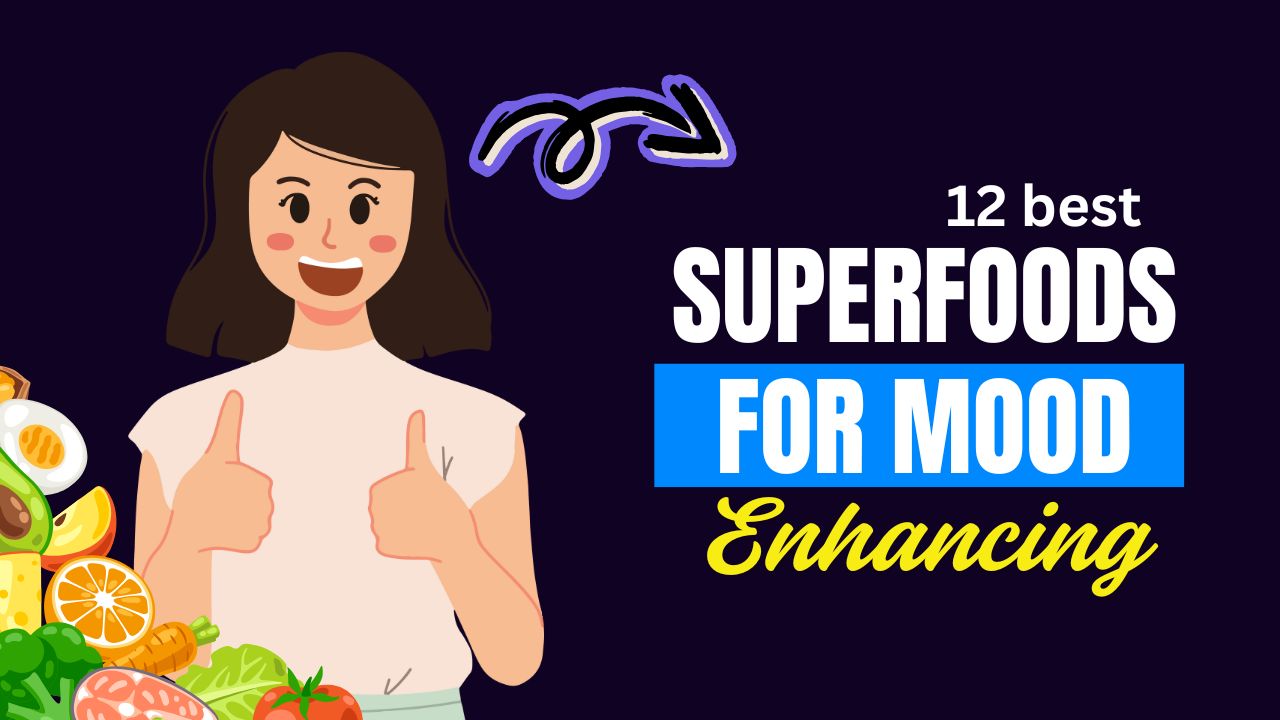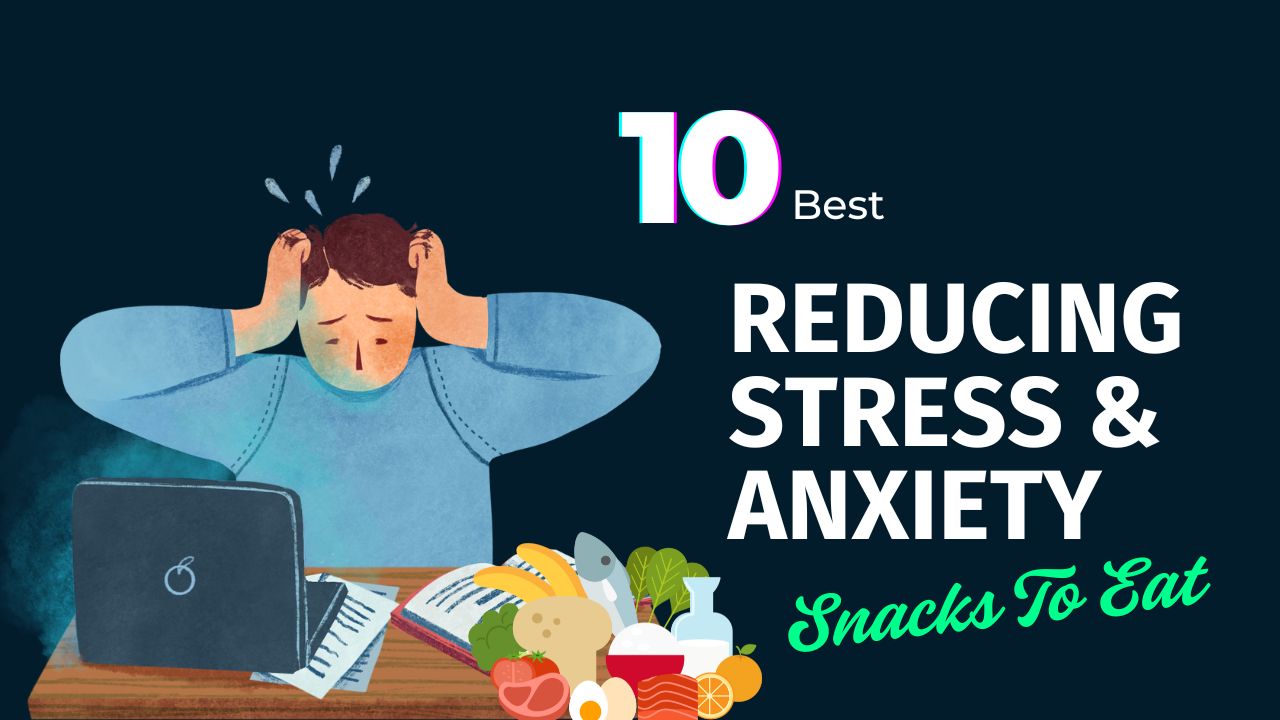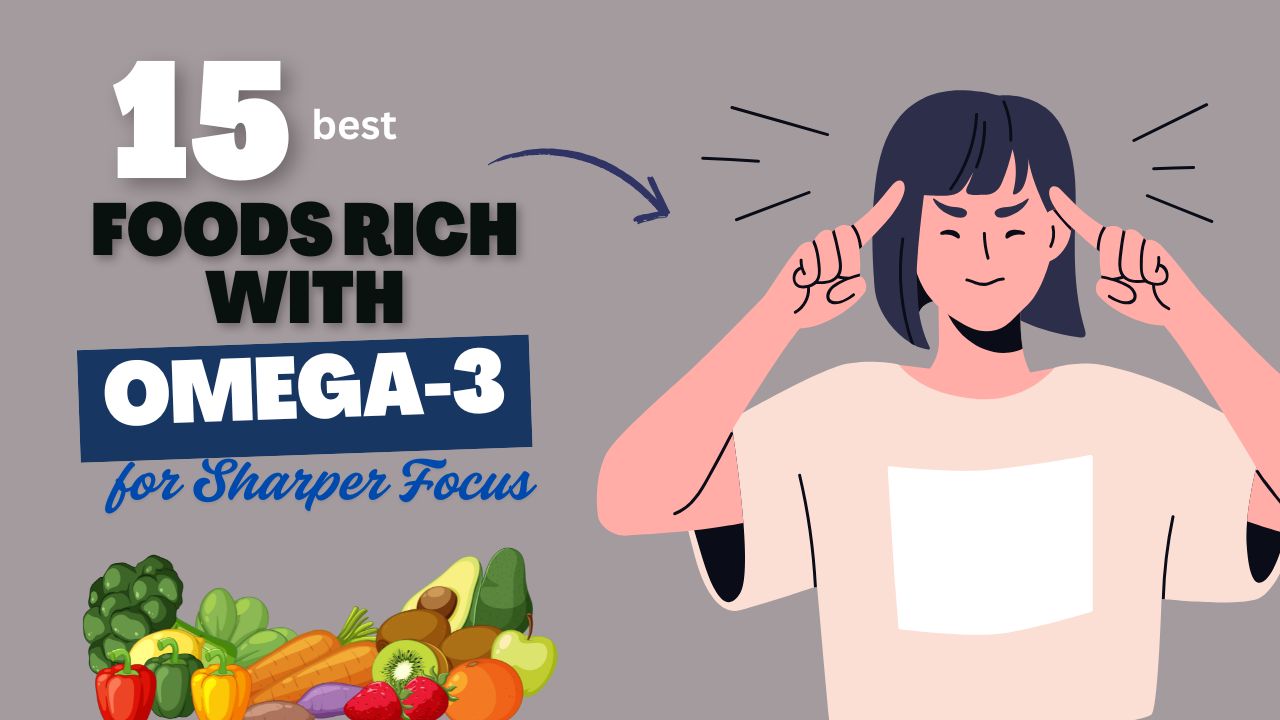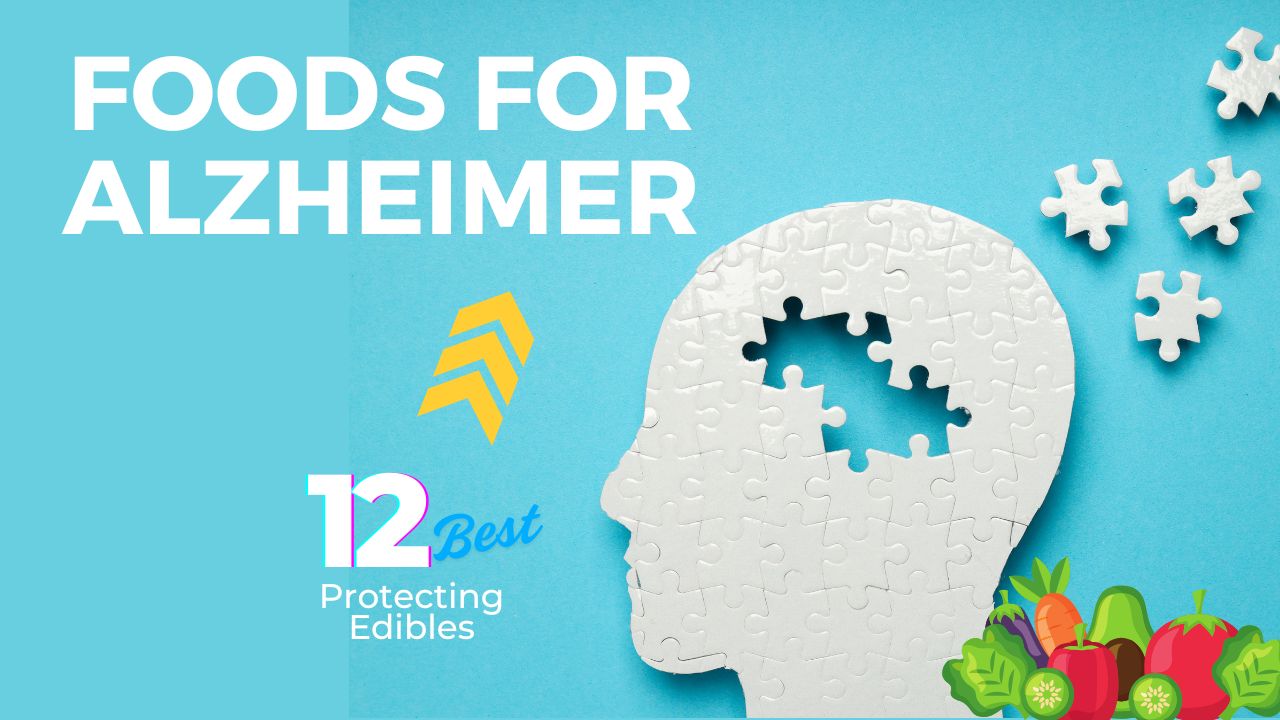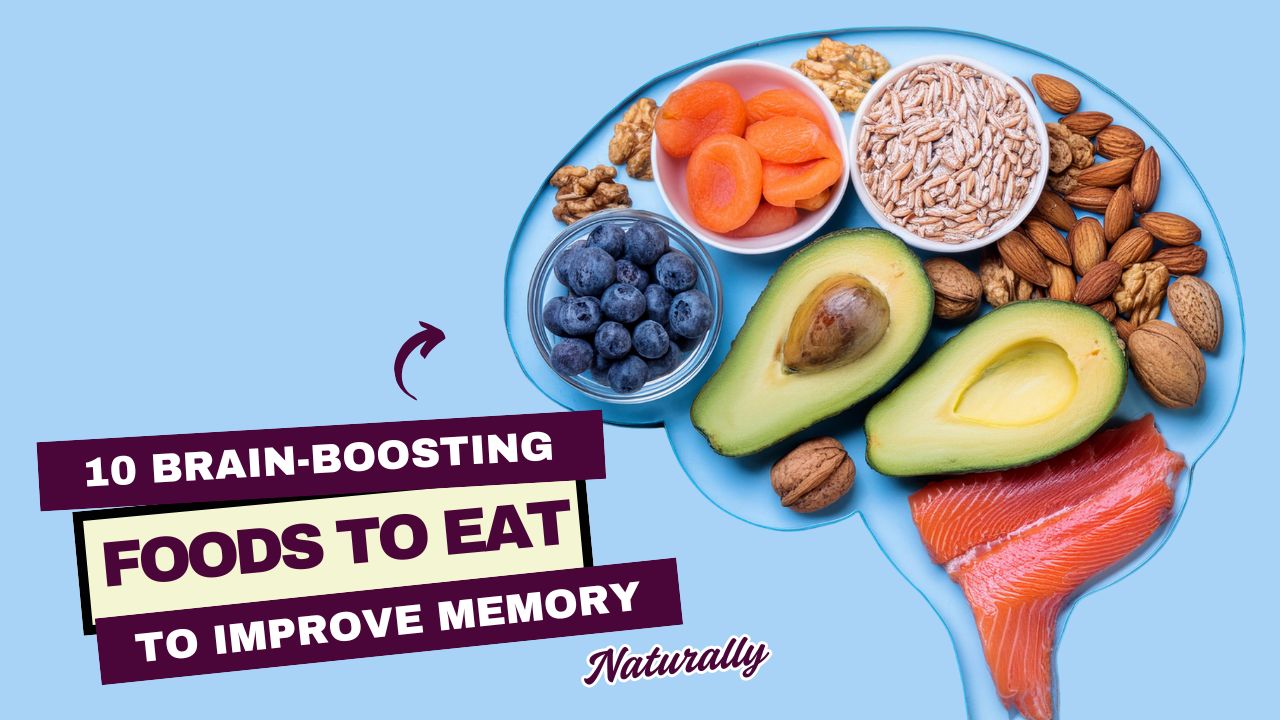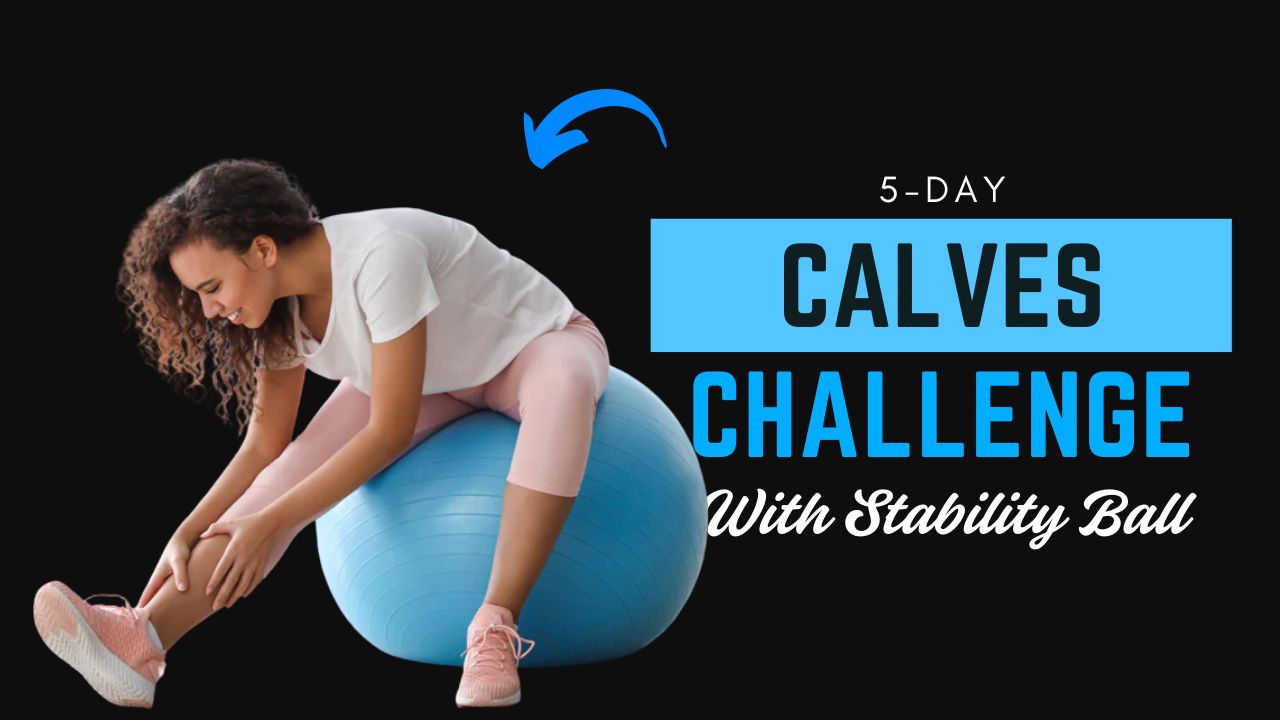Struggling with low mood or occasional bouts of sadness? You’re not alone. In fact, according to the World Health Organization, depression affects more than 300 million people globally.
While professional help and therapy are crucial, did you know that the foods you eat can play a significant role in boosting your mood and fighting depressive symptoms?
This post dives into 12 powerful superfoods scientifically shown to support mental health, improve neurotransmitter function, and enhance overall well-being.
Along the way, we’ll explore how to eat them, who should or shouldn’t consume them, and practical tips to make the most of their benefits.
Whether you’re looking for natural ways to lift your spirits or curious about the connection between diet and mental health, these superfoods can be a valuable addition to your daily routine.
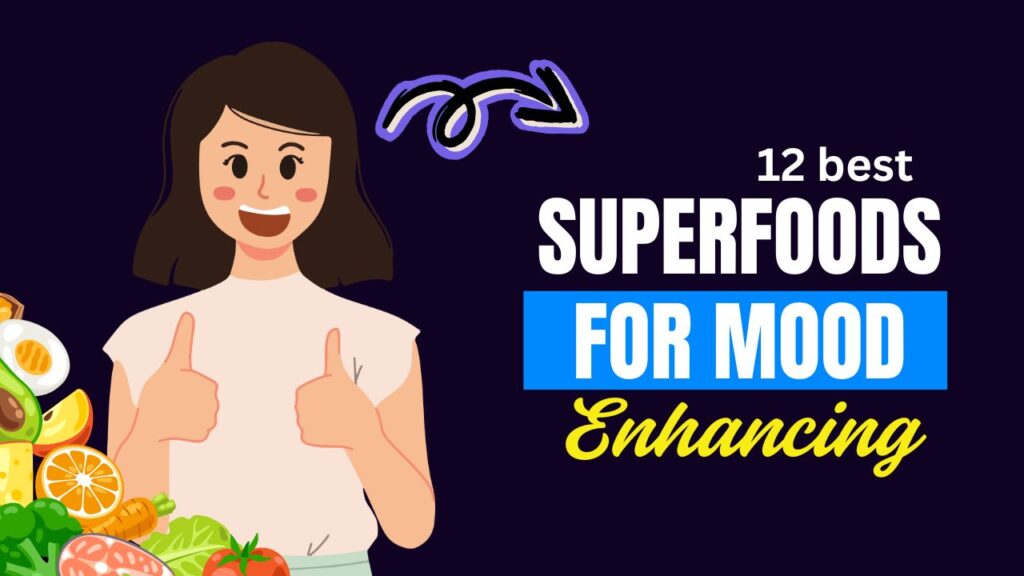
Table of Contents
12 Best Superfoods To Boost Mood
1. Dark Chocolate
Why it helps: Dark chocolate contains flavonoids that boost brain function and serotonin levels, which are key for improving mood. It also has magnesium, a mineral often linked to reduced anxiety and depression.
Best Ways to Eat or Use It:
- Enjoy a square of 70% or higher cocoa content chocolate daily.
- Blend into smoothies for a chocolaty, nutrient-packed drink.
- Add to oatmeal or trail mix.
Tips to maximize nutrient absorption:
Pair dark chocolate with nuts or seeds to combine magnesium, healthy fats, and antioxidants.
Who Should Eat / Avoid:
- Good for: adults seeking mood enhancement, people needing antioxidants.
- Avoid/Limit if: you have caffeine sensitivity or migraines triggered by chocolate.
Storage & Buying Tips:
- Store in a cool, dark place.
- Look for chocolate with minimal sugar and high cocoa content.
Do’s & Don’ts:
| ✅ Do | ❌ Don’t |
|---|---|
| Eat in moderation | Choose chocolate with low cocoa or high sugar |
| Pair with nuts or berries | Overindulge daily |
Possible Side Effects: Overconsumption may lead to caffeine jitters or minor digestive discomfort.
2. Fatty Fish (Salmon, Sardines, Mackerel)
Why it helps: Fatty fish is rich in omega-3 fatty acids, which are crucial for brain health and reducing inflammation linked to depression. DHA and EPA in these fish support neurotransmitter function and cognitive performance.
Best Ways to Eat or Use It:
- Bake, grill, or steam fish.
- Mix canned sardines into salads or pasta.
- Add smoked salmon to whole-grain toast.
Tips to maximize nutrient absorption:
Pair with foods rich in vitamin D, like mushrooms or fortified dairy, for better brain health synergy.
Who Should Eat / Avoid:
- Good for: adults, pregnant women (rich in DHA for fetal brain development), anyone seeking heart and brain benefits.
- Avoid/Limit if: you have high mercury concerns—prefer smaller fish like sardines.
Storage & Buying Tips:
- Choose wild-caught when possible.
- Store in airtight containers in the fridge or freeze for longer shelf life.
Do’s & Don’ts:
| ✅ Do | ❌ Don’t |
|---|---|
| Eat 2–3 servings per week | Eat raw fish from untrusted sources |
| Include in salads or grilled meals | Fry in unhealthy oils |
Possible Side Effects: High intake of certain fish may expose you to mercury; moderation is key.
3. Spinach
Why it helps: Spinach is packed with folate, magnesium, and iron—all essential for neurotransmitter synthesis. Folate deficiency has been linked to depressive symptoms.
Best Ways to Eat or Use It:
- Eat raw in salads or smoothies.
- Lightly sauté with garlic and olive oil.
- Add to omelets or soups.
Tips to maximize nutrient absorption:
Consume with healthy fats, like olive oil, to absorb fat-soluble vitamins.
Who Should Eat / Avoid:
- Good for: vegetarians, pregnant women, and those seeking brain-boosting nutrients.
- Avoid/Limit if: prone to kidney stones (high oxalate content).
Storage & Buying Tips:
- Choose bright green leaves with no yellowing.
- Store in a perforated plastic bag in the fridge for up to a week.
Do’s & Don’ts:
| ✅ Do | ❌ Don’t |
|---|---|
| Eat fresh or lightly cooked | Boil excessively |
| Combine with healthy fats | Store wet leaves long-term |
Possible Side Effects: Excessive intake may cause digestive discomfort due to high fiber.
4. Walnuts
Why it helps: Walnuts are rich in omega-3 fatty acids, antioxidants, and polyphenols that support brain health and reduce anxiety. Studies suggest walnuts may improve cognitive function and mood stability.
Best Ways to Eat or Use It:
- Snack on a handful daily.
- Sprinkle on oatmeal or yogurt.
- Add to salads or baked goods.
Tips to maximize nutrient absorption:
Pair with vitamin C-rich fruits like oranges for enhanced antioxidant activity.
Who Should Eat / Avoid:
- Good for: anyone seeking mood support or cognitive benefits.
- Avoid/Limit if: you have a tree nut allergy.
Storage & Buying Tips:
- Store in an airtight container in the fridge to prevent rancidity.
Do’s & Don’ts:
| ✅ Do | ❌ Don’t |
|---|---|
| Eat raw or lightly roasted | Consume in excess |
| Mix into meals for crunch | Rely solely on walnuts for omega-3 |
Possible Side Effects: Overeating can lead to digestive upset or excess calorie intake.
5. Berries (Blueberries, Strawberries, Raspberries)
Why it helps: Berries are high in antioxidants, vitamin C, and polyphenols, which reduce oxidative stress in the brain and improve mood.
Best Ways to Eat or Use It:
- Blend into smoothies.
- Add to yogurt or oatmeal.
- Snack on fresh berries.
Tips to maximize nutrient absorption:
Pair with nuts or seeds to enhance antioxidant uptake.
Who Should Eat / Avoid:
- Good for: all adults, especially those prone to oxidative stress.
- Avoid/Limit if: you have a specific allergy to certain berries.
Storage & Buying Tips:
- Choose firm, plump berries without mold.
- Store in the fridge and wash just before eating.
Do’s & Don’ts:
| ✅ Do | ❌ Don’t |
|---|---|
| Eat fresh daily | Keep at room temperature for long periods |
| Include in smoothies | Add excessive sugar |
Possible Side Effects: Overconsumption may cause mild digestive discomfort.
6. Turmeric
Why it helps: Curcumin, the active compound in turmeric, has anti-inflammatory and antioxidant properties. It can enhance dopamine and serotonin production, which improves mood.
Best Ways to Eat or Use It:
- Add to curries, soups, or stews.
- Mix into smoothies or golden milk.
- Pair with black pepper to improve absorption.
Tips to maximize nutrient absorption:
Always combine turmeric with healthy fats and black pepper for optimal bioavailability.
Who Should Eat / Avoid:
- Good for: adults looking for anti-inflammatory support.
- Avoid/Limit if: you have gallbladder problems or bleeding disorders.
Storage & Buying Tips:
- Store in a cool, dry place away from sunlight.
- Use within 6 months for maximum potency.
Do’s & Don’ts:
| ✅ Do | ❌ Don’t |
|---|---|
| Combine with black pepper | Overuse without medical guidance |
| Mix into cooked dishes | Rely solely on turmeric for depression |
Possible Side Effects: High doses may cause digestive discomfort.
7. Greek Yogurt
Why it helps: Greek yogurt contains probiotics that support gut health, which is closely linked to mood regulation via the gut-brain axis. It’s also rich in protein and calcium.
Best Ways to Eat or Use It:
- Eat plain with berries or honey.
- Use as a base for smoothies.
- Add to savory dishes like dips and sauces.
Tips to maximize nutrient absorption:
Pair with fruits for added fiber and antioxidants.
Who Should Eat / Avoid:
- Good for: adults seeking gut and mood support.
- Avoid/Limit if: lactose intolerant (opt for lactose-free options).
Storage & Buying Tips:
- Check expiration date and store in the fridge.
Do’s & Don’ts:
| ✅ Do | ❌ Don’t |
|---|---|
| Eat daily for probiotics | Add too much sugar |
| Combine with fruits or nuts | Use flavored yogurts with additives |
Possible Side Effects: Overconsumption may cause bloating in some individuals.
8. Oats
Why it helps: Oats are a rich source of complex carbohydrates and fiber, which stabilize blood sugar and promote serotonin production.
Best Ways to Eat or Use It:
- Cook as oatmeal.
- Add to smoothies or baked goods.
- Use overnight oats with yogurt and fruits.
Tips to maximize nutrient absorption:
Combine with milk or yogurt to increase protein intake.
Who Should Eat / Avoid:
- Good for: anyone seeking mood support, especially breakfast lovers.
- Avoid/Limit if: gluten-sensitive (choose certified gluten-free oats).
Storage & Buying Tips:
- Store in airtight containers in a cool, dry place.
Do’s & Don’ts:
| ✅ Do | ❌ Don’t |
|---|---|
| Eat whole oats | Rely on instant sugary oats |
| Mix with fruits and nuts | Overcook excessively |
Possible Side Effects: High fiber may cause gas if introduced suddenly.
9. Bananas
Why it helps: Bananas contain tryptophan, a precursor to serotonin, as well as vitamin B6, which supports neurotransmitter synthesis.
Best Ways to Eat or Use It:
- Eat raw as a snack.
- Blend into smoothies.
- Add to oatmeal or yogurt.
Tips to maximize nutrient absorption:
Pair with nut butter for sustained energy and mood support.
Who Should Eat / Avoid:
- Good for: all adults, especially those seeking natural mood enhancement.
- Avoid/Limit if: you have high potassium restrictions due to kidney disease.
Storage & Buying Tips:
- Keep slightly green to prevent over-ripening.
- Store at room temperature; refrigerate when ripe.
Do’s & Don’ts:
| ✅ Do | ❌ Don’t |
|---|---|
| Eat ripe bananas | Eat overripe excessively |
| Pair with protein | Rely only on bananas for serotonin |
Possible Side Effects: High potassium can be an issue for certain medical conditions.
10. Green Tea
Why it helps: Green tea contains L-theanine, an amino acid that reduces stress and increases relaxation. It also contains antioxidants that protect brain cells.
Best Ways to Eat or Use It:
- Brew fresh leaves for tea.
- Add to smoothies or matcha lattes.
Tips to maximize nutrient absorption:
Drink without milk for better antioxidant uptake.
Who Should Eat / Avoid:
- Good for: adults seeking calmness, focus, and mild antidepressant benefits.
- Avoid/Limit if: caffeine-sensitive or pregnant in large amounts.
Storage & Buying Tips:
- Store in airtight containers away from sunlight and moisture.
Do’s & Don’ts:
| ✅ Do | ❌ Don’t |
|---|---|
| Drink freshly brewed | Use instant powders with additives |
| Pair with light snacks | Overconsume for caffeine |
Possible Side Effects: High intake may cause insomnia or digestive issues.
11. Lentils
Why it helps: Lentils are a great source of folate, iron, and complex carbohydrates, supporting neurotransmitter synthesis and stable blood sugar.
Best Ways to Eat or Use It:
- Cook into soups or stews.
- Use in salads or veggie burgers.
- Combine with spices for flavor and absorption.
Tips to maximize nutrient absorption:
Combine with vitamin C-rich foods like tomatoes or bell peppers.
Who Should Eat / Avoid:
- Good for: vegetarians, vegans, and anyone seeking protein and mood support.
- Avoid/Limit if: you have digestive issues with legumes.
Storage & Buying Tips:
- Store dried lentils in airtight containers in a cool, dry place.
Do’s & Don’ts:
| ✅ Do | ❌ Don’t |
|---|---|
| Cook properly to soften | Eat raw or undercooked |
| Pair with vitamin C foods | Overeat in one sitting |
Possible Side Effects: Excessive intake may cause bloating.
12. Avocado
Why it helps: Avocados are rich in healthy monounsaturated fats, folate, and vitamin B6, supporting neurotransmitter function and brain health.
Best Ways to Eat or Use It:
- Add to salads, sandwiches, or smoothies.
- Use as a spread instead of butter.
Tips to maximize nutrient absorption:
Pair with colorful vegetables to absorb fat-soluble vitamins.
Who Should Eat / Avoid:
- Good for: anyone seeking heart and brain benefits.
- Avoid/Limit if: allergic to avocado or have latex sensitivity.
Storage & Buying Tips:
- Buy slightly firm avocados and ripen at room temperature.
- Refrigerate once ripe for longer shelf life.
Do’s & Don’ts:
| ✅ Do | ❌ Don’t |
|---|---|
| Eat with vegetables | Overconsume daily |
| Mash for spreads | Fry excessively |
Possible Side Effects: Overeating can lead to high-calorie intake.
Conclusion
From dark chocolate to avocados, these 12 superfoods are more than just delicious—they are natural allies for your mental health.
Incorporating them into your daily meals can boost serotonin, reduce inflammation, and support brain function, helping you maintain a positive mood.
Start small: add one or two of these foods to your meals this week and observe how your energy and outlook improve.
Frequently Asked Questions (FAQs)
Can eating these superfoods completely cure depression?
No, while these foods support mood and mental health, they are not a replacement for professional treatment. They work best as part of a balanced diet alongside therapy, exercise, and medical care if needed.
How quickly can I notice mood improvements after eating these foods?
Effects vary by individual. Some may notice subtle improvements in energy and mood within a few days, while long-term benefits usually appear over weeks to months of consistent consumption.
Can children eat these superfoods?
Yes, most of these foods are safe for children in moderation, except those with allergies (e.g., nuts) or dietary restrictions. Always introduce new foods gradually.
Are these foods safe for pregnant or breastfeeding women?
Many of them, like fatty fish (low-mercury types), spinach, Greek yogurt, and avocados, are beneficial for pregnancy. However, consult a doctor before making major dietary changes, especially if you have medical concerns.
Should I take supplements instead of eating these foods?
Whole foods provide additional nutrients, fiber, and antioxidants that supplements may lack. Supplements can help if deficiencies exist, but it’s best to prioritize whole foods.
Can I combine these superfoods in one meal?
Absolutely! Combining foods like berries with Greek yogurt or avocado with leafy greens can maximize nutrient intake and support overall brain health.
Are there any side effects if I eat too much of these foods?
Overconsumption may cause digestive discomfort, bloating, or excess calorie intake. Moderation is key, and variety in your diet ensures balanced nutrient intake.
Do these foods work for stress and anxiety too?
Yes, many of these superfoods, such as green tea, walnuts, and dark chocolate, have calming effects and help regulate stress hormones.
Can I eat these superfoods if I have dietary restrictions?
Most superfoods can be adapted for dietary restrictions. For example, lactose-intolerant individuals can choose lactose-free Greek yogurt, and gluten-sensitive individuals can eat gluten-free oats.
How should I store these superfoods to keep them fresh?
Store berries, leafy greens, and yogurt in the fridge, nuts in airtight containers, and avocados at room temperature until ripe. Proper storage preserves nutrients and flavor.
